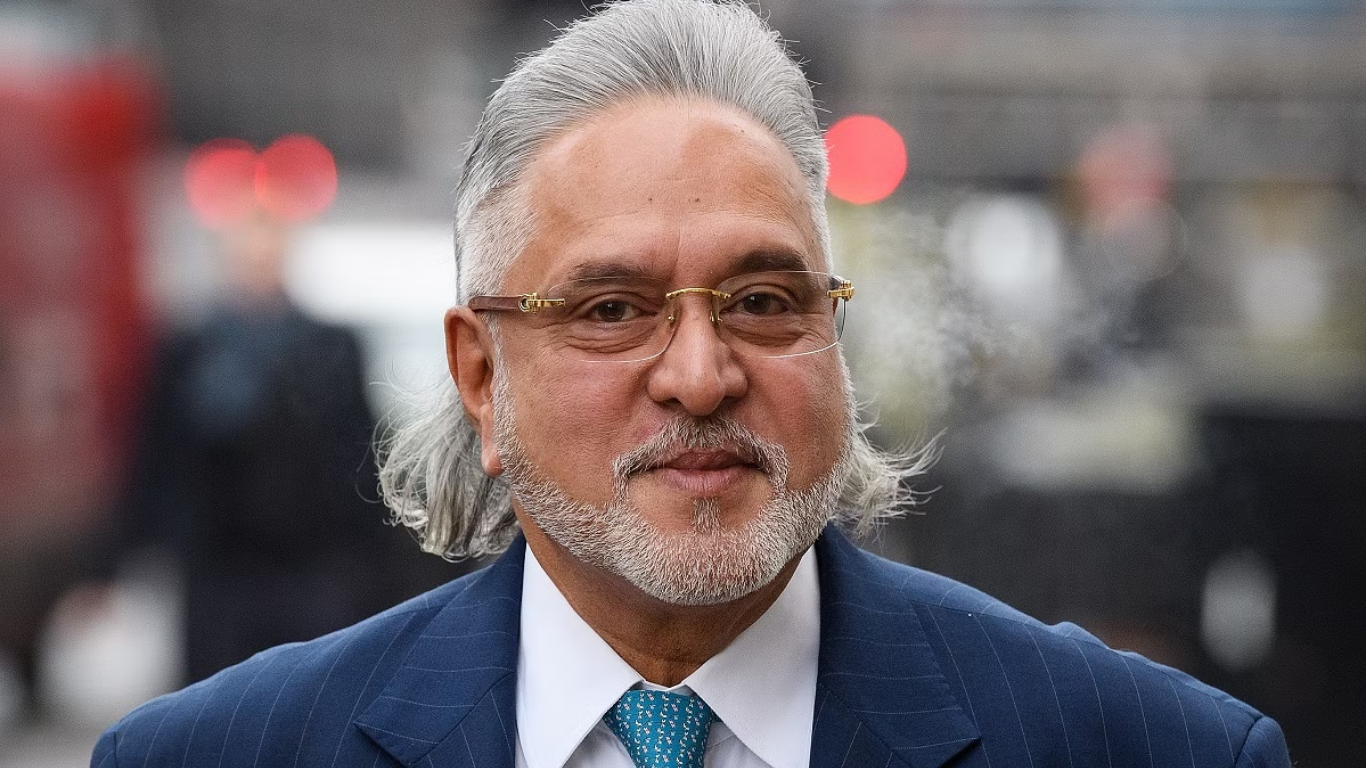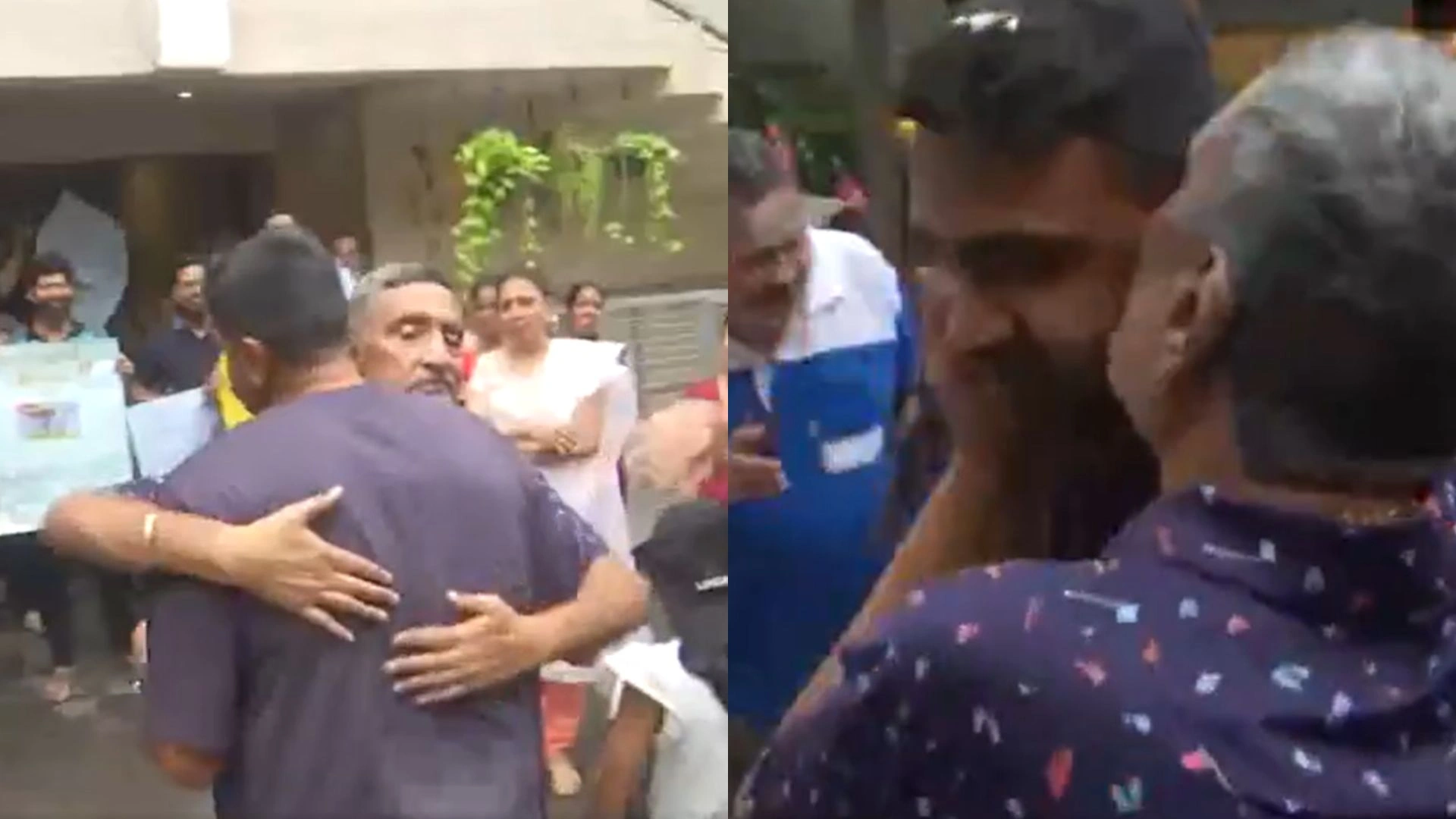The United States government has requested the Supreme Court to dismiss the petition filed by Tahawwur Rana, a Canadian national of Pakistani origin and convict involved in the 2008 Mumbai terror attack. Rana is seeking to avoid extradition to India, where he faces charges related to the deadly attack. After facing setbacks in multiple lower courts, including the US Court of Appeals for the Ninth Circuit, Rana filed a petition before the US Supreme Court on November 13, 2024, to prevent his extradition.
This petition represents his final legal recourse in the prolonged battle against extradition. In a filing dated December 16, US Solicitor General Elizabeth B. Prelogar argued that the petition should be denied, asserting that Rana is not entitled to relief. The 20-page submission outlined the government’s position, stating that the legal matters at hand were not covered by the earlier legal proceedings in the United States, and that Rana’s conduct involved charges not addressed in his prior trial.
Rana’s defense claims that he was tried and acquitted in a federal court in Chicago concerning charges linked to the Mumbai attack. He argues that the charges for which India seeks his extradition are based on identical allegations. However, Prelogar countered that the charges brought by India, such as forgery related to an application submitted to the Reserve Bank of India, were not covered by the US legal proceedings.
The US government has further emphasized that the jury’s verdict in the US trial, which dealt with conspiracy charges, was complex and did not necessarily address all of the specific conduct for which India now seeks Rana’s extradition.
The 2008 Mumbai attacks remain one of the most devastating terror events in Indian history. On November 26, 2008, 10 terrorists from the Lashkar-e-Taiba militant group arrived by sea and launched coordinated attacks across Mumbai. The attackers targeted high-profile locations such as the Chhatrapati Shivaji Maharaj Terminus, the Oberoi Trident, the Taj Mahal Hotel, Leopold Cafe, and the Nariman House. The attack resulted in the deaths of 166 people, including 18 security personnel, with numerous others injured. Nine terrorists were killed by Indian security forces, and Ajmal Kasab, the only captured attacker, was executed in 2012.
Rana’s extradition is seen as crucial for bringing justice to the victims of this heinous attack, as his alleged role in the plot remains a key part of India’s efforts to hold all those responsible accountable.


















